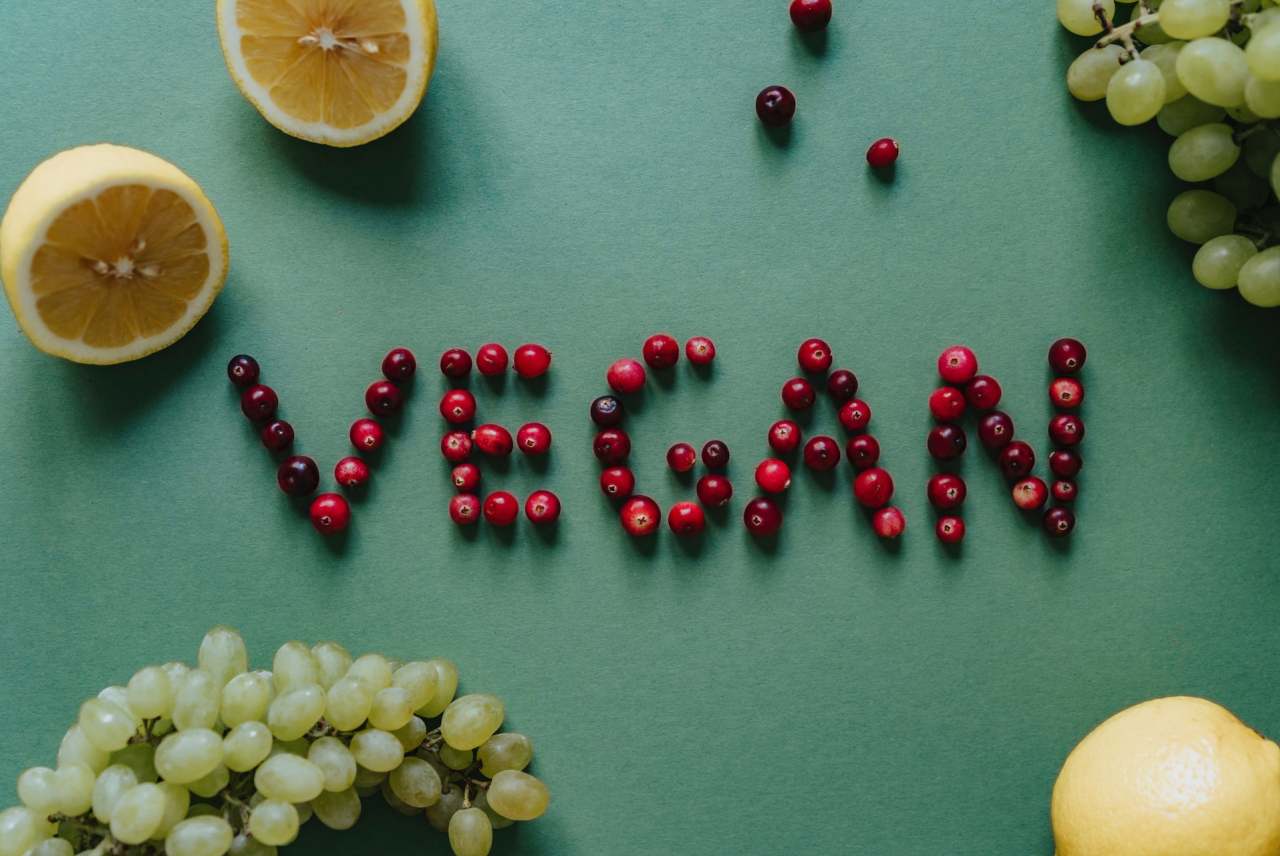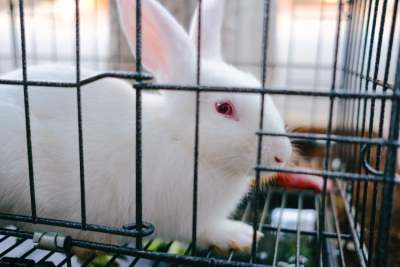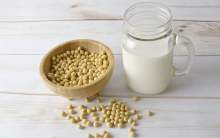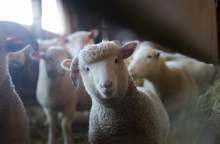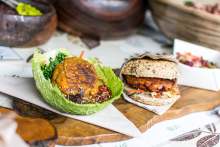Meat and dairy is responsible for over half of all emissions associated with our food. The industry is also linked to deforestation and poor animal rights. In this article, we discuss some of the benefits of being vegan and point to some vegan brands.
What is veganism?
Veganism means choosing a plant-based lifestyle and avoiding animal products – whether that’s in your food, clothing or cosmetics.
Most vegans won’t eat meat, fish, dairy or honey, won’t buy leather or suede products, and will avoid makeup, skincare and cleaning products that contain animal derived ingredients.
Many vegans also avoid products that have been tested on animals.
Benefits of a vegan lifestyle
Does a vegan diet reduce your carbon footprint?
Those eating a vegan diet have on average about half the carbon footprint from their food of meat eaters.
Switching from a meat to a vegan diet could save you about one tonne of carbon emissions every year – equivalent to driving about 2,500 miles.
So, why does going vegan or cutting down your meat and dairy save so much carbon? Animal farming has a high carbon footprint for a number of reasons.
Firstly, land is needed to keep animals and grow their feed. This land therefore cannot be left as forests, or other natural ecosystems that store carbon.
Secondly, cows and sheep in particular burp large amounts of methane – a greenhouse gas which in the short term actually causes far greater warming than CO2.
Of course, growing vegetables and alternative forms of protein can also create emissions. But meat and dairy are much less efficient. Like humans, animals have to eat. This means that not only does livestock have its own direct emissions attached, it has all the emissions associated with the production of its food.
Our article on the climate impacts of different diets has more information.
